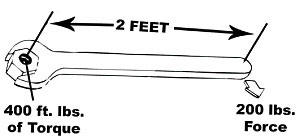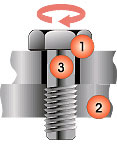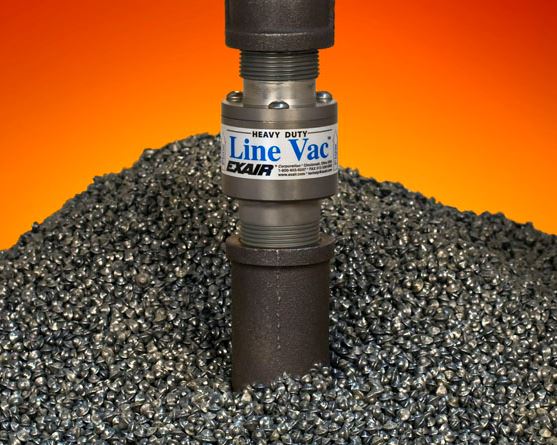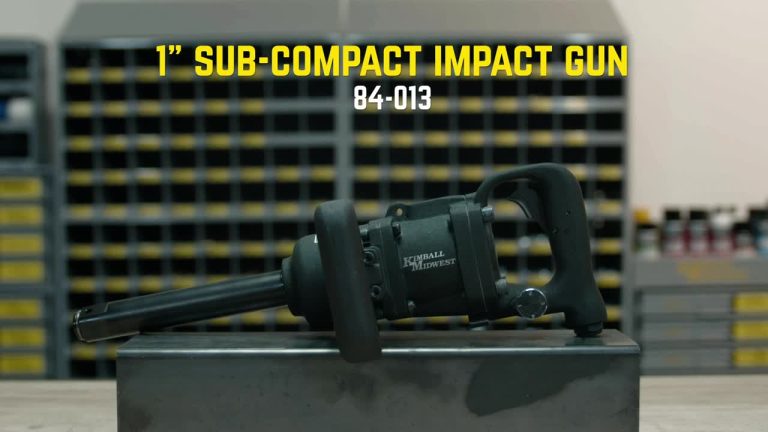What is Torque?
Hand Tools
What is Torque?
Most of us have seen and heard the word “torque” in the course of our lives, and we all have some idea as to what the word means. But as it turns out, there is a lot more useful information to know about torque than what most people know. We will explain what torque is in greater detail in this article and uncover some of the mysteries about torque that are hidden from plain sight, and reveal some useful information about torque to help you when looking for and/or using torque products.
The Definition
According to Webster:
- A twisting or wrenching effect, or moment, exerted by a force acting at a distance on a body, equal to the force multiplied by the perpendicular distance between the line of action of the force, and the center of rotation at which it is exerted.
- A force, which tends to produce rotation. The measurement of torque is based on the fundamental law of the lever.
- in. lbs. = inch pounds
- in. ozs. = inch ounces
- ft. lbs. = foot pounds
- Nm = Newton meter
- cNm = Centi Newton meter
 |
Torque is expressed in commonly used units of measurement such as:
|
BASIC TORQUE FORMULA
L (length) x F (force) = T (torque)

Example: A two foot lever at a right angle to the fastener with 200 pounds at the end will produce 400 foot/pounds of torque.
Torque Formula: L x F = T
So what are we trying to achieve with a torque wrench?
Answer: Proper Clamping Force
Torque and Clamping Force
Controlling the torque applied in tightening threaded fasteners is the most commonly used method for the application of clamping force. There are many factors which may affect the relationship between torque and clamping force of threaded fasteners. Some of these are: the type of lubricant used on the threads, the material from which the bolt and nut are made, the type of washers used, the class and finish of threads and various other factors. It is not possible to establish a definite relationship between torque and clamping force which will be applicable for all conditions.
|
Torque Versus Clamping Force Only a small part of the torque applied to a fastener contributes to clamping force. The remaining, as much as 90% of the total applied torque, is used to overcome friction under the fastener head (or between nut and washer) and friction in thread engagement. TORQUE Head Friction: Thread Friction: Clamping Force: |
Torque
1. Head Friction 2. Thread Friction 3. Clamping Force
|
|
Torque Conversion Table
|
||||||||||||||||||||||||||||||||||||||||||||||||||||||||||||||||||||||||||||||||||||||||
In Summary
When a manufacturer of a piece of equipment specifies a clamping force to be used on a fastener, such as a bolt or nut, the amount of force required to overcome the friction and other losses within the fastener system have been carefully calculated by the design engineers, and a recommended torque is specified. Ensuring that the proper torque is applied to the fasteners in your equipment is essential to ensuring your equipment runs properly and lasts a long time.
Have more questions about torque?
If you have any more questions about torque wrenches or torque testing equipment, then Abolox is your trusted source for all things torque. Abolox is an authorized distributor of CDI Torque products, which is the premiere manufacturer of torque wrenches and torque testing equipment in the world. If we cannot answer your question, then we will inquire with the expert engineers that design and test torque equipment to get you the answer to your question.
View CDI Torque Tools and Accessories on the Abolox store




